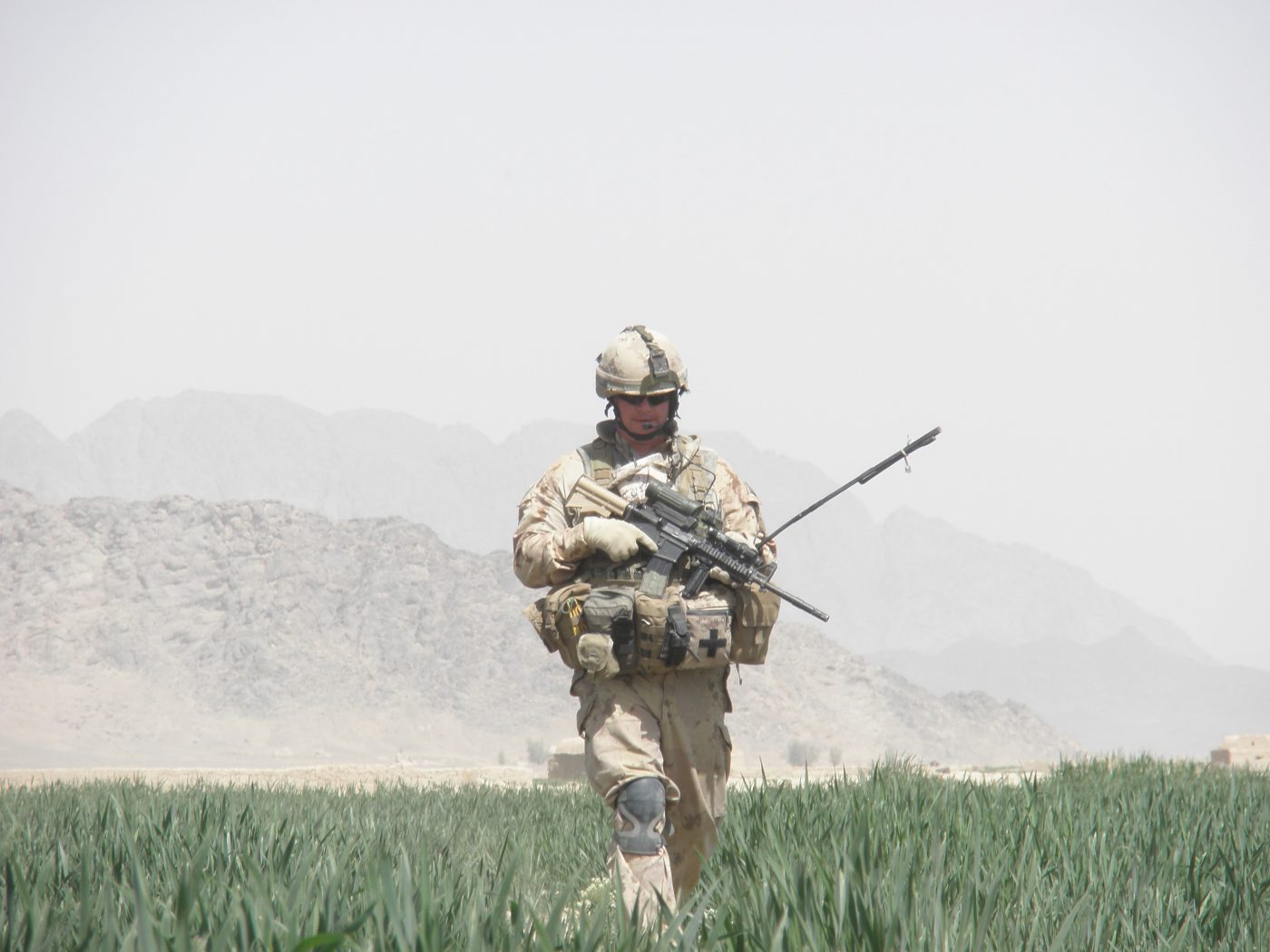Get to know our COO, Steve MacBeth
![]()
We’re thrilled to announce the newest addition to the leadership team, Team Rubicon Canada’s Chief Operating Officer (COO) Steve MacBeth.
Learn more about our new COO as Team Rubicon Canada takes the next bound.
Where did you grow up?
I was born in Moose Jaw, Saskatchewan. After moving around, my parents settled in Whitby, Ontario, where I completed high school. I feel fortunate to have lived and experienced most parts of Canada, having lived in; all the prairies provinces, the Maritimes, and Ontario. I have family in British Columbia and have been very lucky to have worked in the Northern Territories, Quebec, and Newfoundland. I am a bit of a geographic hybrid, having been born in the West, schooled in Ontario, and then living across Canada for my adult life. It has allowed me a great perspective to experience each region, the people, and for all our differences, how amazing Canadians are, wherever they are from.
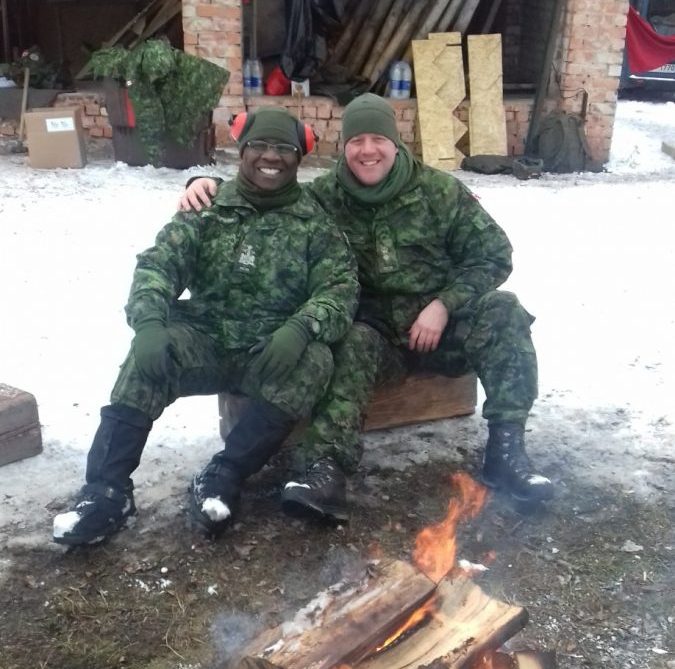
What do you like doing in your spare time?
I have three teenagers who take up most of my attention! But when we get a chance, we like to hike and paddle sports, and I enjoy Rugby and baseball. We lived in New Zealand over the last couple of years and had the privilege of hiking a couple of the Great Walks. We enjoyed a multi-day hike on Stuart Island (the most Southern Tip of New Zealand), and recently we did the Tongariro Crossing. I enjoy a variety of landscapes and a good trail. I would have to say my favourite, by far, is the Chilkoot Trail between Alaska and the Yukon. Now that I am back in Canada, I look forward to having the opportunity to continue to explore new trails.
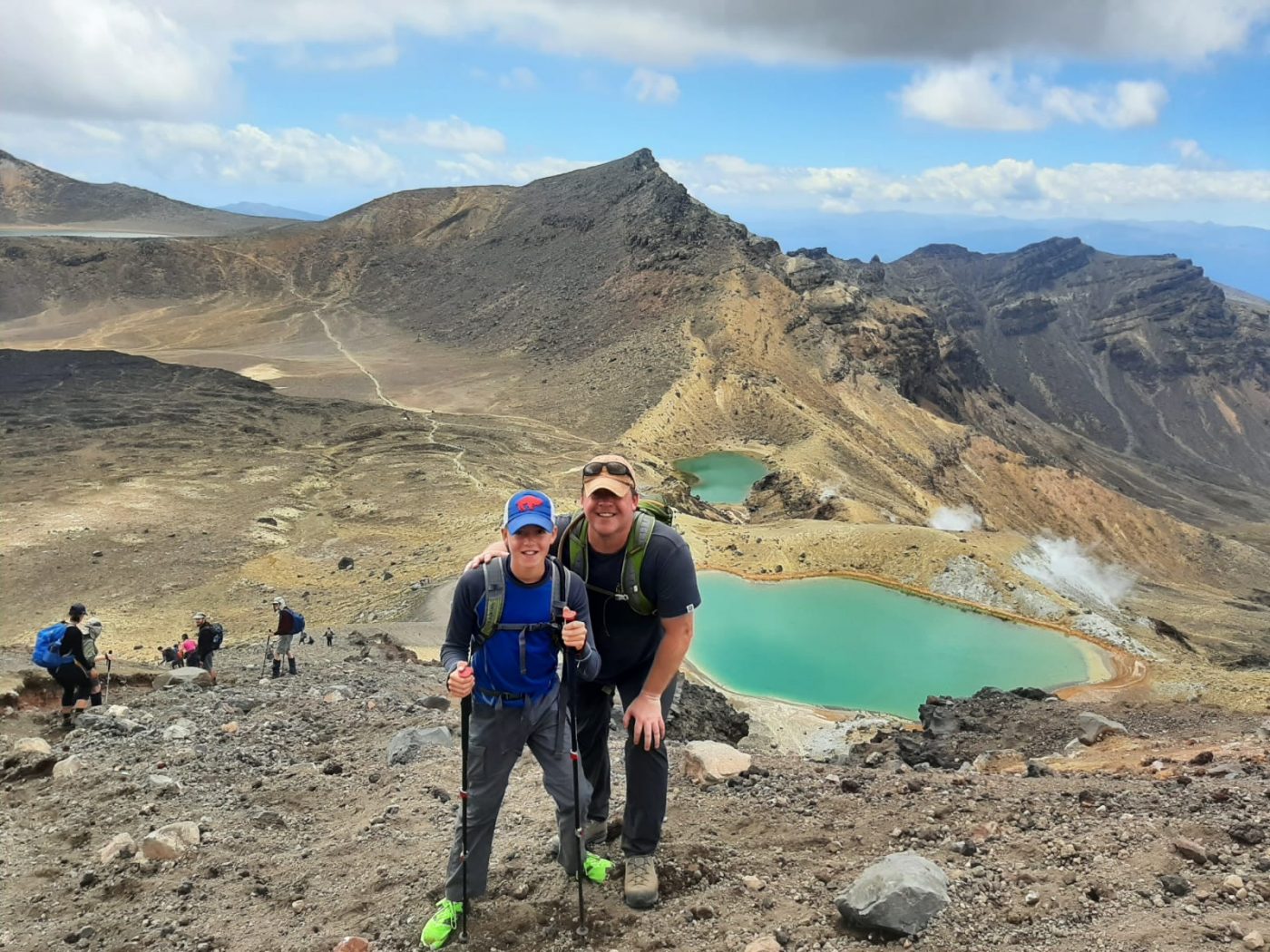
Why did you join the military, how many years have you served, and what ranks?
I joined the military while sitting in a political science class at Queen’s University and learned that Canadians were serving in the former Yugoslavia. They seemed to be doing something that mattered, and I wanted to be a part of that history, to help populations at risk, not just study it. I left class that day, went to my local recruiting office, and joined the Infantry. I started as a Private, and through my 25 years of service within the Canadian Armed Forces, I was privileged to serve with and lead soldiers at all levels; from a rifle section (about ten soldiers) to deployed multinational battalion (about 1200 hundred soldiers) before retiring at the rank of Lieutenant Colonel. It was a fantastic experience, and at each level, from being a non-commissioned junior leader through Battalion Command, the common factor was the amazing people and teams that I was blessed to be a part of.
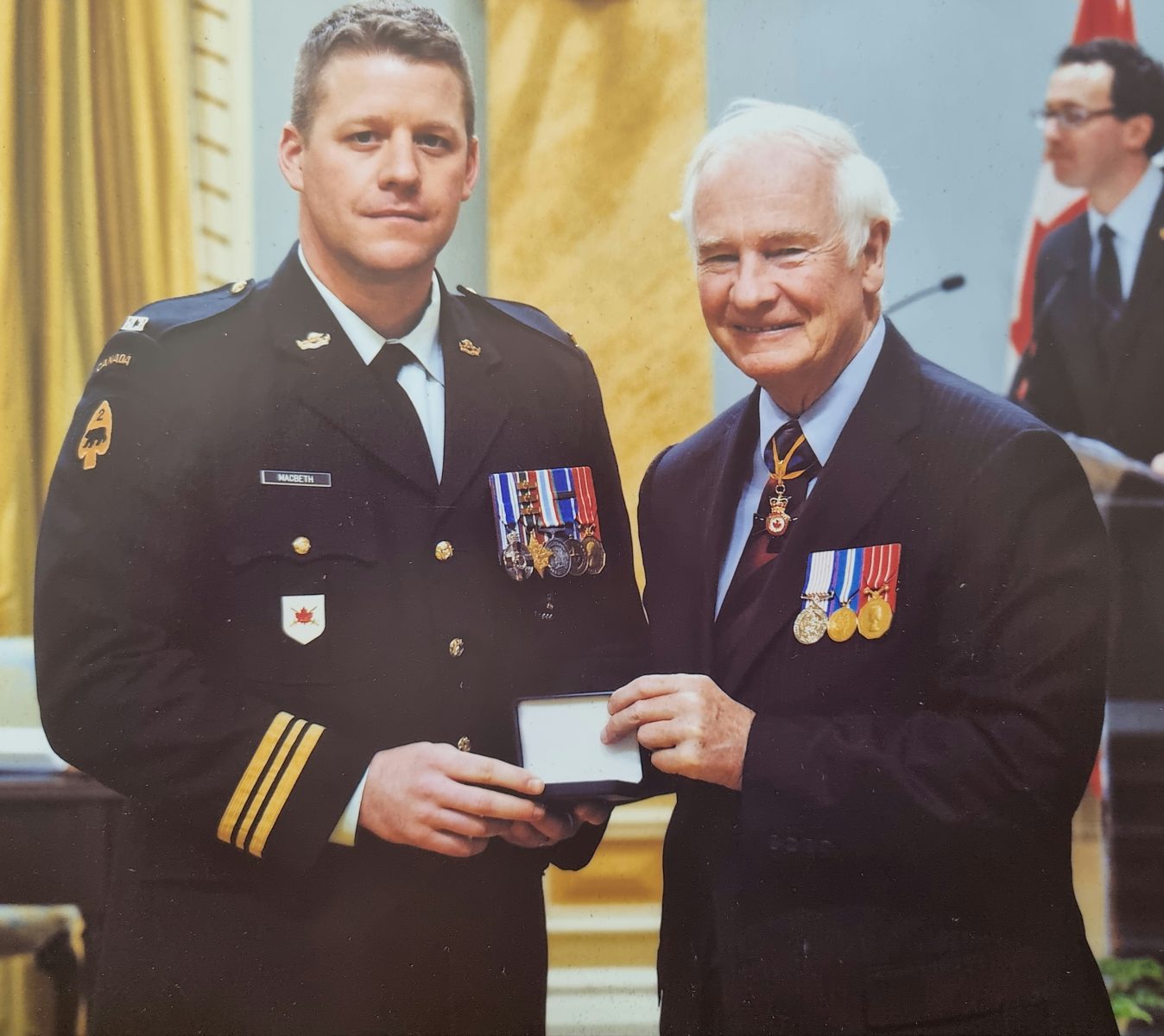
How did military service shape you as a leader? What lessons did you learn personally or professionally?
This question could fill a book. I will try and provide a couple of key themes. First and foremost, People matter more than equipment or the newest tech. This may seem like a punchline in the current climate, but my experience has demonstrated that time and again; a dedicated team with mutual respect, freedom of thought, and action is capable of great things. Conversely, a group in a conflict that lacks respectful understanding and exists in a constrained space may succeed despite the environment but is more likely to fail. People matter does not mean that we avoid the hard discussions or choices but that everyone feels free to have the conversations and feel supported to achieve the outcomes required. I have learned that clear communication and the ability to admit fault and treat it like a learning opportunity are among the most valuable attributes a leader can bring to an organization. This is particularly true in fast-paced, complex environments when dealing with multiple supporting subject matter experts. I have been on both ends of this equation. I have learned that the only thing worse than a mistake is one that is compounded by pride and the following of a flawed plan because a leader refuses to acknowledge an error or consider factors that are outside their comfort area of expertise. I think all leaders can be guilty of this, and my observation is that good one’s allow themselves to be vulnerable, allowing the discussion to occur and finding the best path forward. The connection between these two themes of people and leaders’ vulnerability is trust. I have seen this factor as the fundamental ingredient to the success of teams I have been a part of. The more you trust other team members’ motivations and capabilities, the faster your entity will operate. Suspicion causes friction which slows communication, decision-making processes, and interactions. Trust is the essential element that catalyzes the speed of activity and decision-making. The more trust is built, the faster the reaction within a team to solve a problem. A trust-centered culture contributes to actual results. So these are my key takeaways after serving in uniform; Place people at the forefront of your considerations, be vulnerable and admit mistakes, and organizations that create trust internally and externally are the most successful.
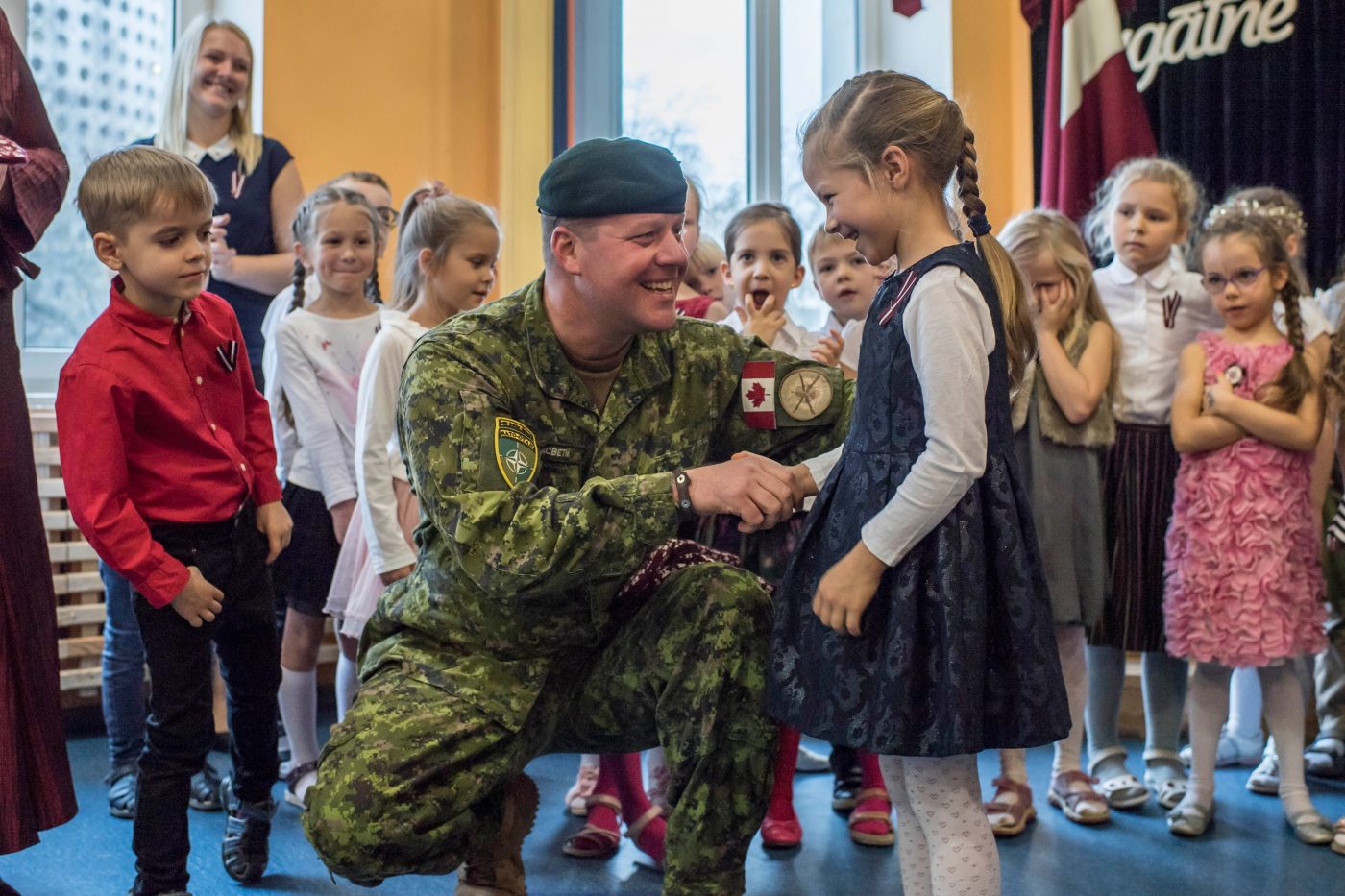
Do you want to achieve something specific with Team Rubicon Canada in the first year?
I believe there may be folly in trying to lay out a series of goals before understanding the issues and opportunities as they are, rather than how you perceive them. Change for change’s sake is terrible. So I will not lay out a vision right away. I recognize that I am entering a highly motivated organization that has been getting the business done and helping people on their worst days. If we return to this question in a couple of months, I will be able to lay out where I can add value to the team, how I hope to enhance the Team Rubicon Canada culture, and where I have helped shape the process and structures. I am not trying to cop out! You can hold my feet to the fire, I promise!
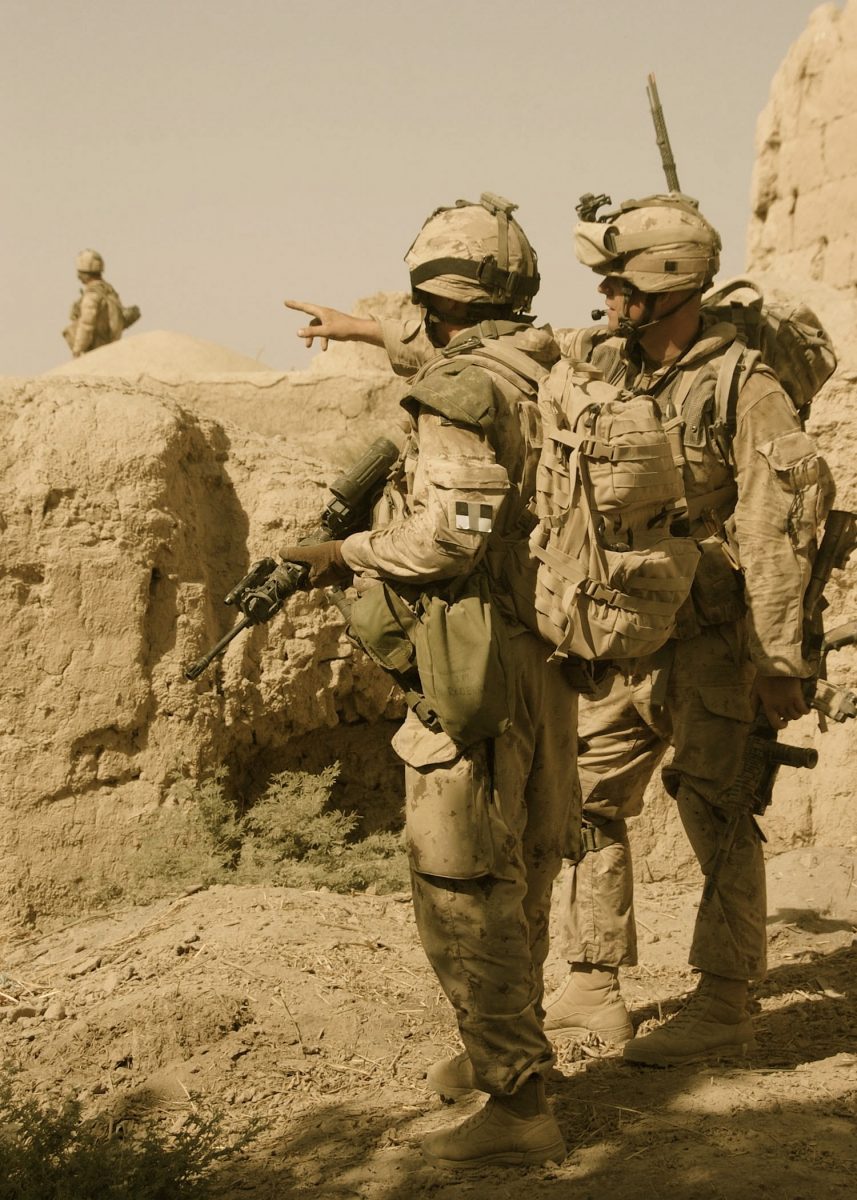
What are you most looking forward to at Team Rubicon Canada? The opportunity to serve Canadians and Veterans in a different but meaningful way. I have spent my entire adult life in service. I believe that TR Canada provides a unique blend of opportunity, and to continue to connect to that original reason I joined the Canadian Armed Forces. To be a part of something bigger than myself and to help. I look forward to meeting the amazing Canadians that are part of the team and hopefully adding valuable support to those who are first into the breach, with the spirit of humanitarianism and as amazing volunteers.
Anything else you would like to share about yourself?
Not now. I hope to meet everyone soon, whether face-to-face or virtually; I am not sure these interviews can replace “getting a feel” for the person through actual interaction. I am stoked to be here, looking forward to learning a lot and getting after it!
